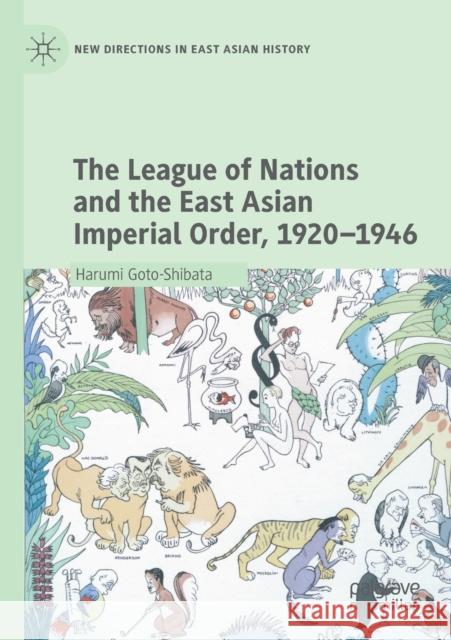The League of Nations and the East Asian Imperial Order, 1920-1946 » książka
topmenu
The League of Nations and the East Asian Imperial Order, 1920-1946
ISBN-13: 9789811549700 / Angielski / Miękka / 2021 / 295 str.
The League of Nations and the East Asian Imperial Order, 1920-1946
ISBN-13: 9789811549700 / Angielski / Miękka / 2021 / 295 str.
cena 402,53
(netto: 383,36 VAT: 5%)
Najniższa cena z 30 dni: 346,96
(netto: 383,36 VAT: 5%)
Najniższa cena z 30 dni: 346,96
Termin realizacji zamówienia:
ok. 22 dni roboczych
Bez gwarancji dostawy przed świętami
ok. 22 dni roboczych
Bez gwarancji dostawy przed świętami
Darmowa dostawa!
Kategorie BISAC:
Wydawca:
Palgrave MacMillan
Seria wydawnicza:
Język:
Angielski
ISBN-13:
9789811549700
Rok wydania:
2021
Wydanie:
2020
Numer serii:
000841372
Ilość stron:
295
Waga:
0.41 kg
Wymiary:
21.01 x 14.81 x 1.78
Oprawa:
Miękka
Wolumenów:
01
Dodatkowe informacje:
Wydanie ilustrowane











